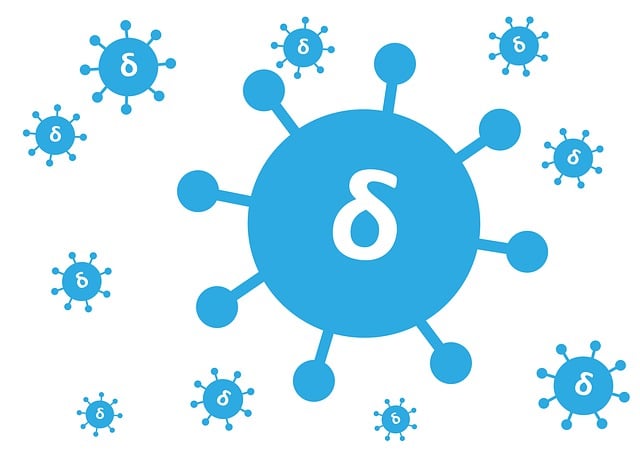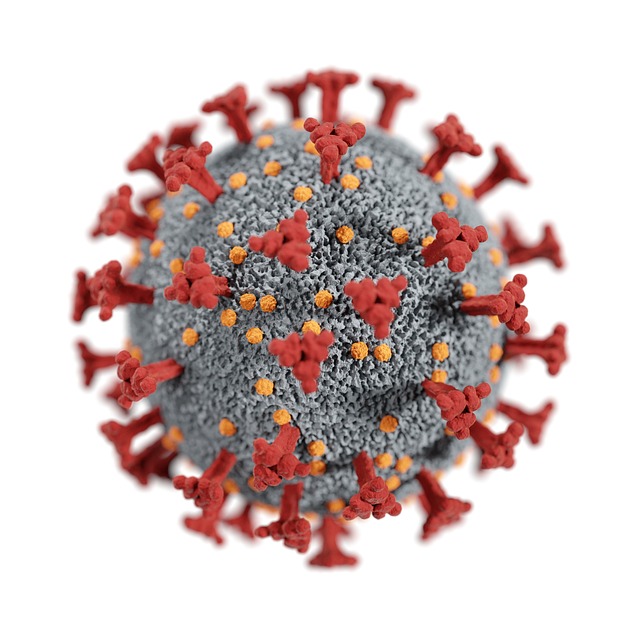Delta-9 THC vs CBD: Navigating Effects and Safety for Your Needs

This text compares Delta-9 THC and CBD, two key compounds in cannabis. Delta-9, responsible for the 'high', impacts senses, appetite, and relaxation but may cause anxiety, paranoia, and long-term mental health risks. CBD, without psychoactive effects, reduces anxiety, manages pain, and has anti-inflammatory properties. While Delta-9 offers immediate mood enhancement, CBD provides a broader range of long-term therapeutic benefits with fewer risks. The choice depends on whether one seeks an intoxicating effect or non-intoxicating relief from various conditions.
Delta-9 THC and CBD, two prominent compounds in cannabis, offer distinct experiences. Understanding their differences is crucial for making an informed choice. This article dives into the effects of delta-9 THC, explores the benefits and unique properties of CBD, compares side effects, and helps you decide which compound aligns best with your needs. Whether seeking relaxation or energy, knowing the nuances of delta-9 can enhance your cannabis journey.
- Understanding Delta-9 THC: Effects and Considerations
- Exploring CBD: Its Benefits and How It Differs from Delta-9
- Comparing Side Effects and Potential Risks
- Choosing the Right Option: Delta-9 vs CBD for Your Needs
Understanding Delta-9 THC: Effects and Considerations

Delta-9 THC, or tetrahydrocannabinol, is the primary psychoactive compound found in cannabis that produces the iconic ‘high’ sensation. It interacts with our body’s endocannabinoid system (ECS), affecting various physiological and cognitive functions. Understanding its effects is crucial when choosing between delta-9 and CBD products.
The impact of delta-9 THC can vary widely from person to person, depending on factors like tolerance, dose, and individual biochemistry. Common short-term effects include heightened sensory perception, altered time perception, increased appetite, and relaxation. However, it may also lead to anxiety, paranoia, or short-term memory impairment in some individuals. Long-term use has been linked to potential mental health risks, especially for those prone to conditions like schizophrenia. Therefore, considering one’s mental health history and managing dosage are essential considerations when using delta-9 THC products.
Exploring CBD: Its Benefits and How It Differs from Delta-9

CBD, or Cannabidiol, has gained significant attention in recent years as a natural compound derived from the cannabis plant. Unlike Delta-9 THC, CBD is non-intoxicating, meaning it doesn’t produce the high associated with marijuana use. This makes it an appealing option for those seeking potential therapeutic benefits without the mind-altering effects. Research suggests that CBD has a wide range of applications, including reducing anxiety, alleviating pain, and even showcasing anti-inflammatory properties.
The primary difference between Delta-9 and CBD lies in their chemical structures and effects on the body’s endocannabinoid system (ECS). Delta-9 binds directly to the ECS, leading to both pleasurable and potentially adverse effects, such as increased heart rate and paranoia. In contrast, CBD interacts with the ECS indirectly, modulating the activity of other cannabinoids and neurotransmitters. This subtle approach may offer benefits without triggering the same level of psychological responses as Delta-9.
Comparing Side Effects and Potential Risks

When comparing Delta-9 and CBD, understanding their side effects and potential risks is crucial for making an informed decision. While Delta-9, a potent psychoactive compound found in cannabis, offers distinct psychological effects that can induce euphoria and relaxation, it’s not without its drawbacks. Common side effects of Delta-9 use include heightened heart rate, anxiety, paranoia, and distorted perceptions, especially for first-time users or those consuming high doses. Prolonged exposure to these effects may lead to more serious risks, such as panic attacks or an increased risk of accidents due to impaired judgment.
On the other hand, CBD (Cannabidiol) is known for its potential therapeutic benefits without the intoxicating properties of Delta-9. Studies suggest that CBD has anti-inflammatory and anxiolytic properties, making it a popular choice for managing chronic pain, anxiety disorders, and sleep disturbances. While generally considered safe, CBD may cause mild side effects like dry mouth, fatigue, or changes in appetite. However, these are typically less severe than Delta-9’s potential risks, especially when used responsibly and within recommended dosages.
Choosing the Right Option: Delta-9 vs CBD for Your Needs

When deciding between Delta-9 and CBD, it’s crucial to understand what each offers and align your choice with your specific needs and preferences. Delta-9, primarily known for its psychoactive effects, provides a euphoric high often sought by recreational users. It can enhance mood, reduce anxiety, and stimulate appetite—making it appealing for relaxation or social settings. However, its potency may not be suitable for everyone, as it can induce paranoia or heightened stress in some individuals.
In contrast, CBD (Cannabidiol) is non-intoxicating and has gained popularity for its potential therapeutic benefits. It interacts with your body’s endocannabinoid system to support various functions, including pain relief, improved sleep, reduced inflammation, and anxiety management. While Delta-9 offers a more immediate effect, CBD provides a subtle yet potentially long-lasting soothing experience. The choice between them depends on whether you prioritize the mental and physical effects associated with Delta-9 or prefer the subtle yet broad spectrum of benefits that CBD offers.
When it comes to choosing between Delta-9 THC and CBD, understanding their distinct properties is key. While Delta-9 offers potent psychological effects, CBD is known for its non-intoxicating properties and diverse therapeutic benefits. Depending on your personal preferences and desired outcomes, one may be more suitable than the other. By considering the outlined effects, potential risks, and individual needs, you can make an informed decision to select the right option—Delta-9 or CBD—for a fulfilling and safe experience.












































